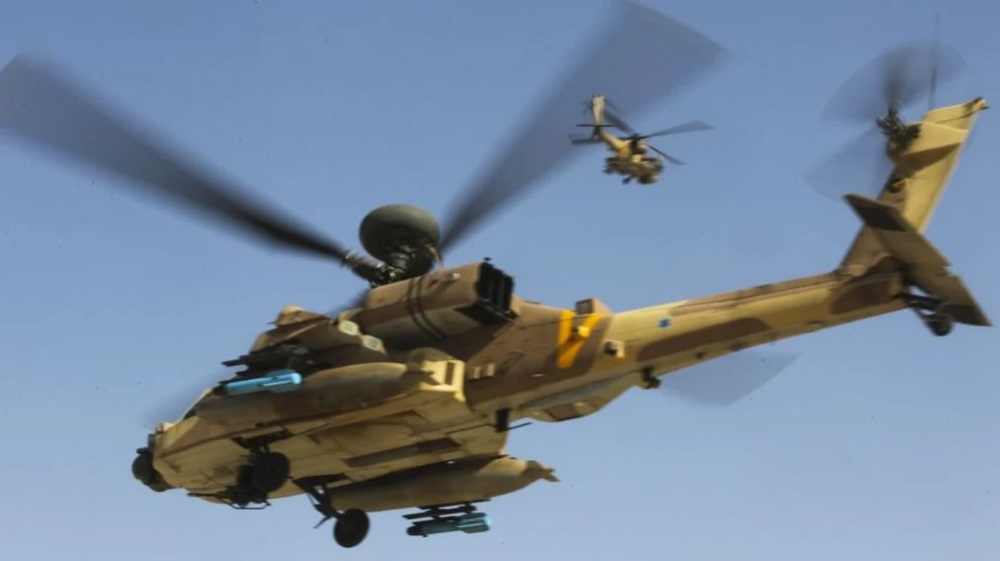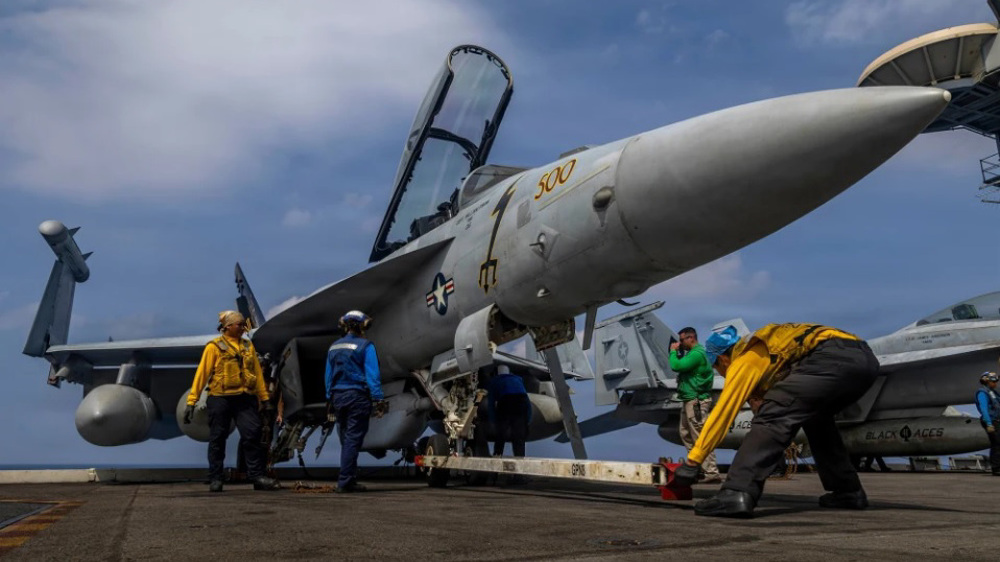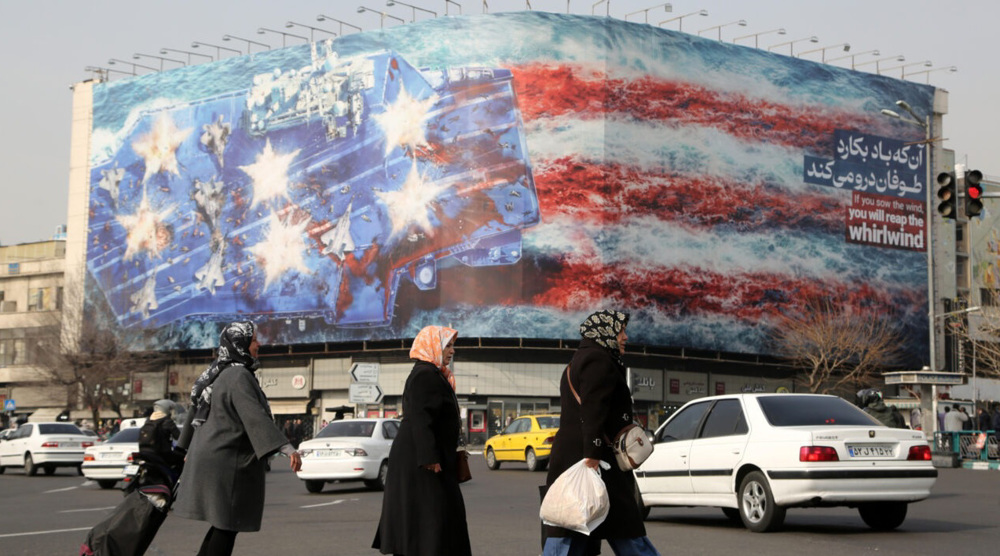CIA-armed militias shooting at Pentagon-armed ones in Syria
CIA-armed militants are now shooting at Pentagon-armed militias in Syria, showing a complete lack of control by the US over its war machine in the war-torn country.
The two groups of militants have begun to fight each other in areas between the besieged city of Aleppo and the Turkish border, US officials and militants’ leaders have confirmed.
Their fighting has intensified during the past two months as they have repeatedly shot at each other while maneuvering through the plains on the northern outskirts of Aleppo.
In February, Pentagon-backed units, moving in from Kurdish-controlled areas to the east, forced Fursan al Haq, a CIA-armed militant, to leave the town of Marea, about 20 miles north of Aleppo.
"Any faction that attacks us, regardless from where it gets its support, we will fight it," said Maj. Fares Bayoush, a leader of Fursan al Haq.
Similar clashes were reported in the town of Azaz, a key transit point for militants and supplies between Aleppo and the Turkish border as well as the Aleppo neighborhood of Sheikh Maqsud.
The deteriorating situation shows the difficulty the US is experiencing in coordinating its various armed groups that are trying to topple the government of Syrian President Bashar al-Assad, fight the Daesh (ISIL) and shoot at each other at the same time.
"It is an enormous challenge," said Rep. Adam Schiff of California, the top Democrat on the House Intelligence Committee, who called such clashes "a fairly new phenomenon."
"It is part of the three-dimensional chess that is the Syrian battlefield," he said.
Also, a US official, who spoke on condition of anonymity, said that "this is a complicated, multisided war where our options are severely limited."
"We know we need a partner on the ground. We can't defeat Daesh without that part of the equation, so we keep trying to forge those relationships."
At first, the CIA-armed militias and Pentagon-armed ones were mainly operating in separated areas of Syria with the former fighting in the west of the country and the latter operating in the northeastern parts.
However, with Russian airstrikes against Daesh terrorists, Kurdish-led groups could expand their control to the outskirts of Aleppo, causing them to have more frequent conflicts with the CIA-backed outfits.
"Fighting over territory in Aleppo demonstrates how difficult it is for the U.S. to manage these really localized and, in some cases, entrenched conflicts," said Nicholas Heras, an expert on the Syrian civil war at the Center for a New American Security, a think tank in Washington. "Preventing clashes is one of the constant topics in the joint operations room with Turkey."
Syria has been gripped by foreign-backed militancy since March 2011. More than 260,000 have reportedly lost their lives and millions displaced as a result of the violence.
The US-led coalition has been pounding purported Daesh positions inside Syria since September 2014, without any authorization from Damascus or the UN. However, they have done little to stop the Takfiri terrorists' advances in parts of Syria.
US war rhetoric against Iran driven more by corporate power than national interest: Activist
Ex-Israeli PM Barak sought Epstein’s help for Trump’s interview with Israeli media
Iran warns any aggression will have grave consequences for entire region
First group of Palestinians returning from Egypt passes through Rafah crossing
Former CIA chief admits US 'directly helped' rioters in Iran
Iran to unveil new homegrown satellite, space center on Space Technology Day
‘No American will be safe’: Iran’s top general warns against any mischievous act
Scores of Baloch militarnts killed in Pakistan after deadly attacks












 This makes it easy to access the Press TV website
This makes it easy to access the Press TV website